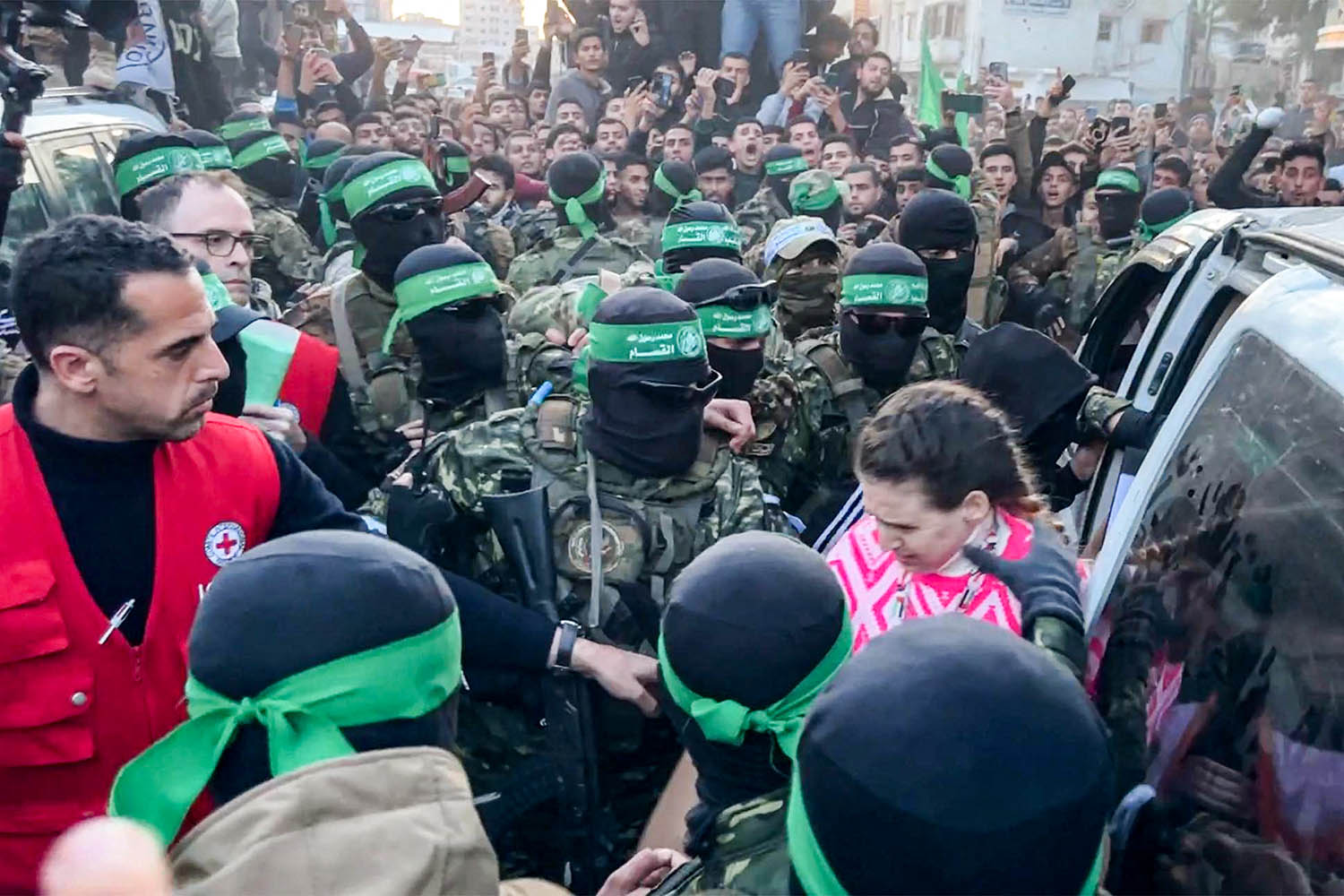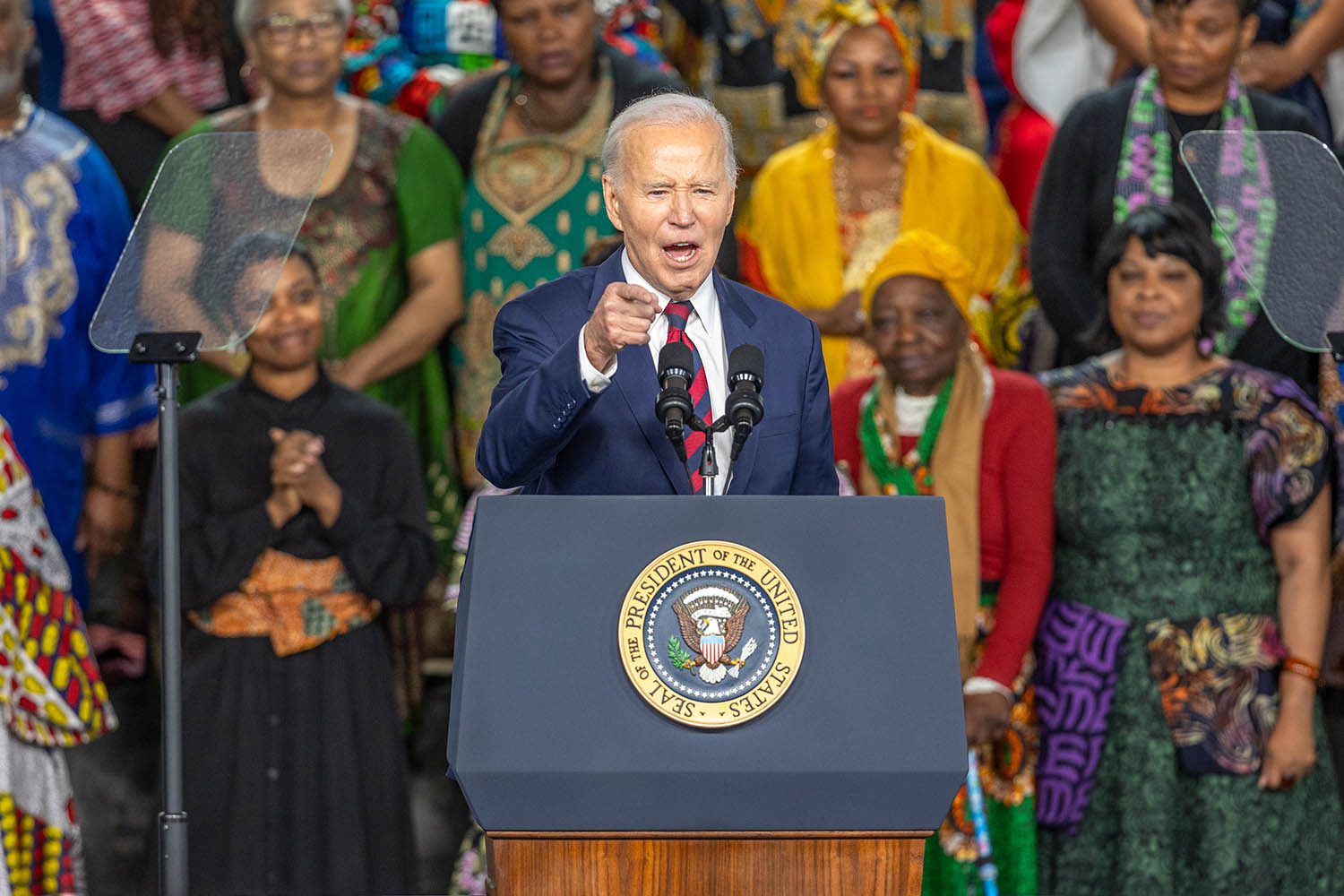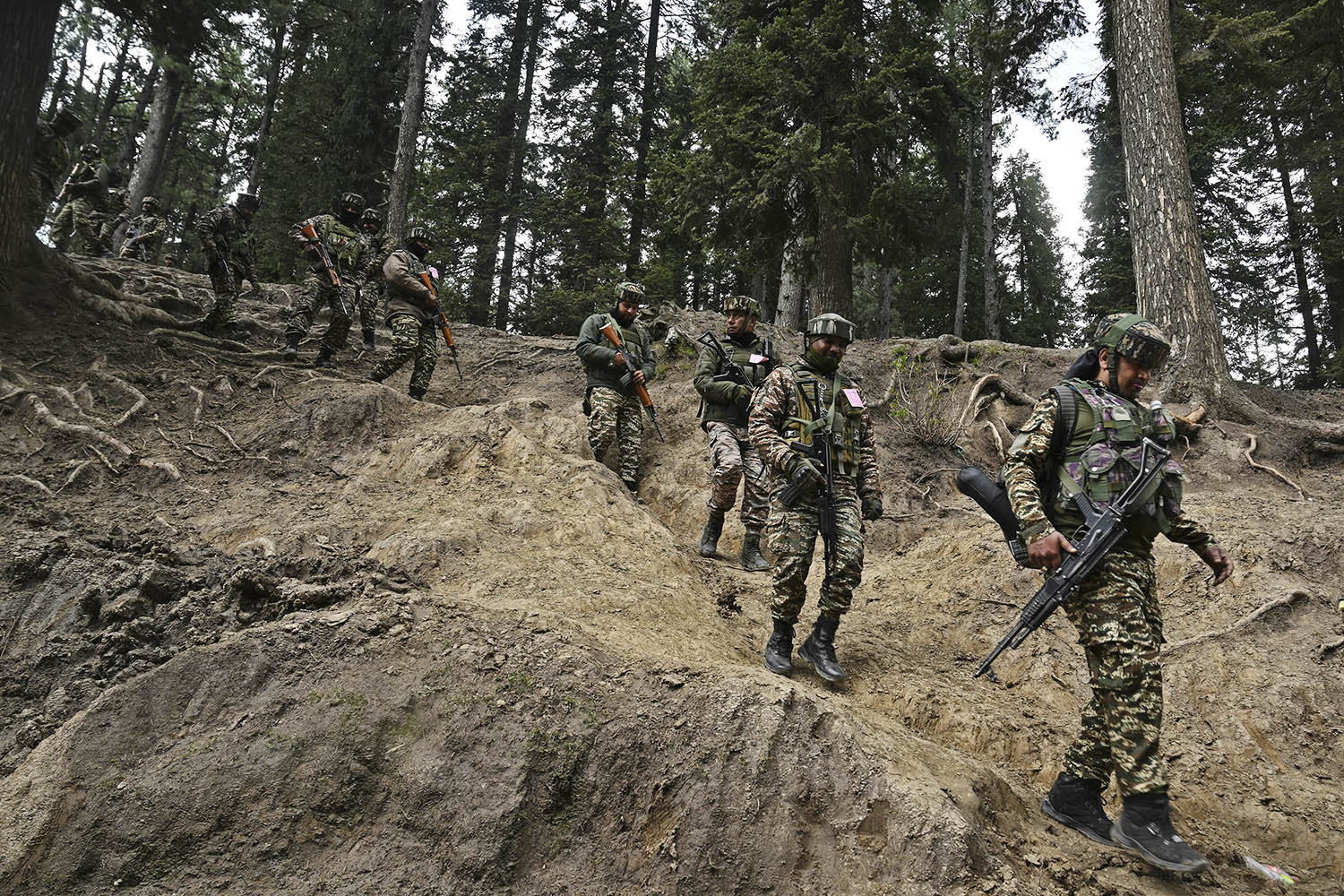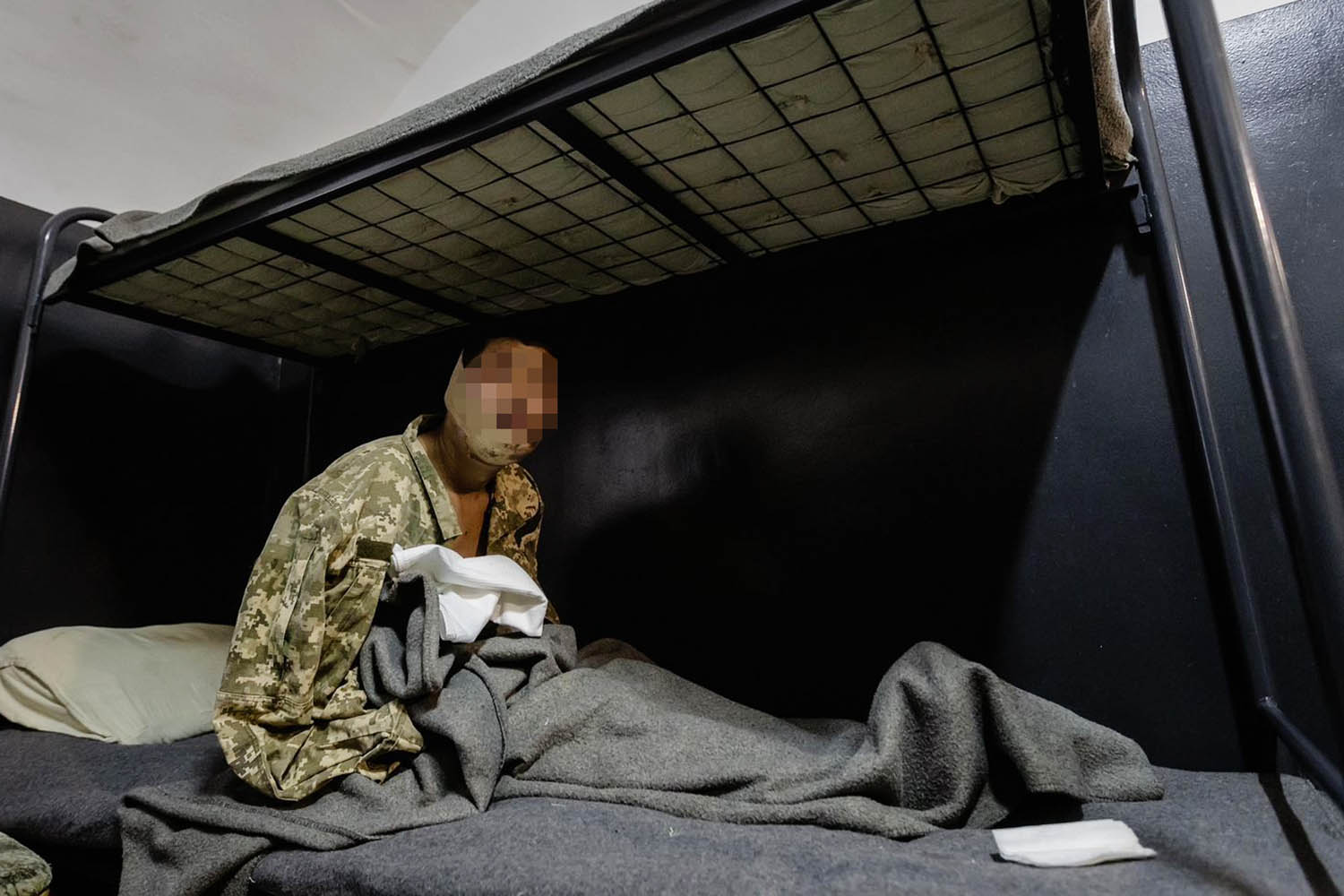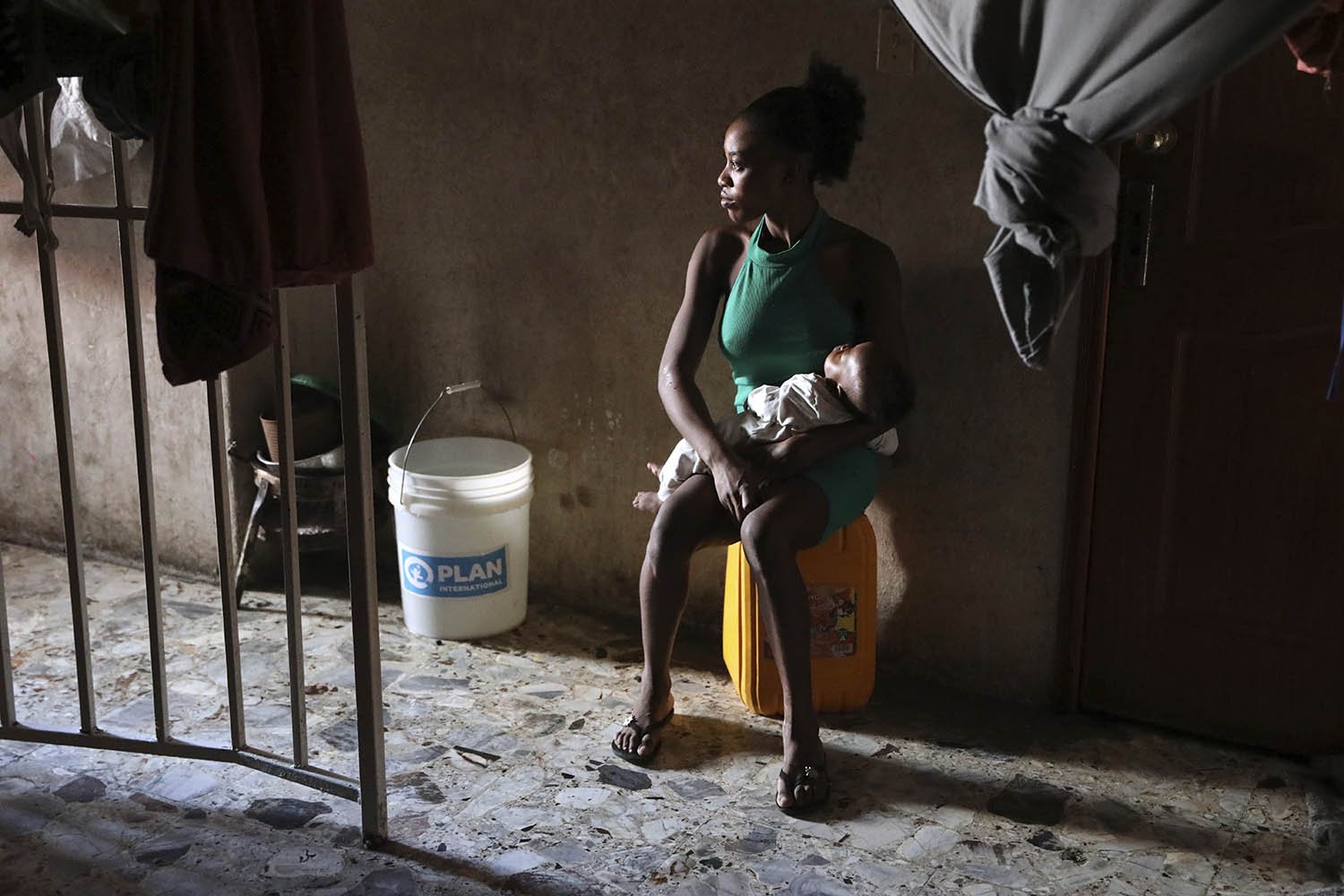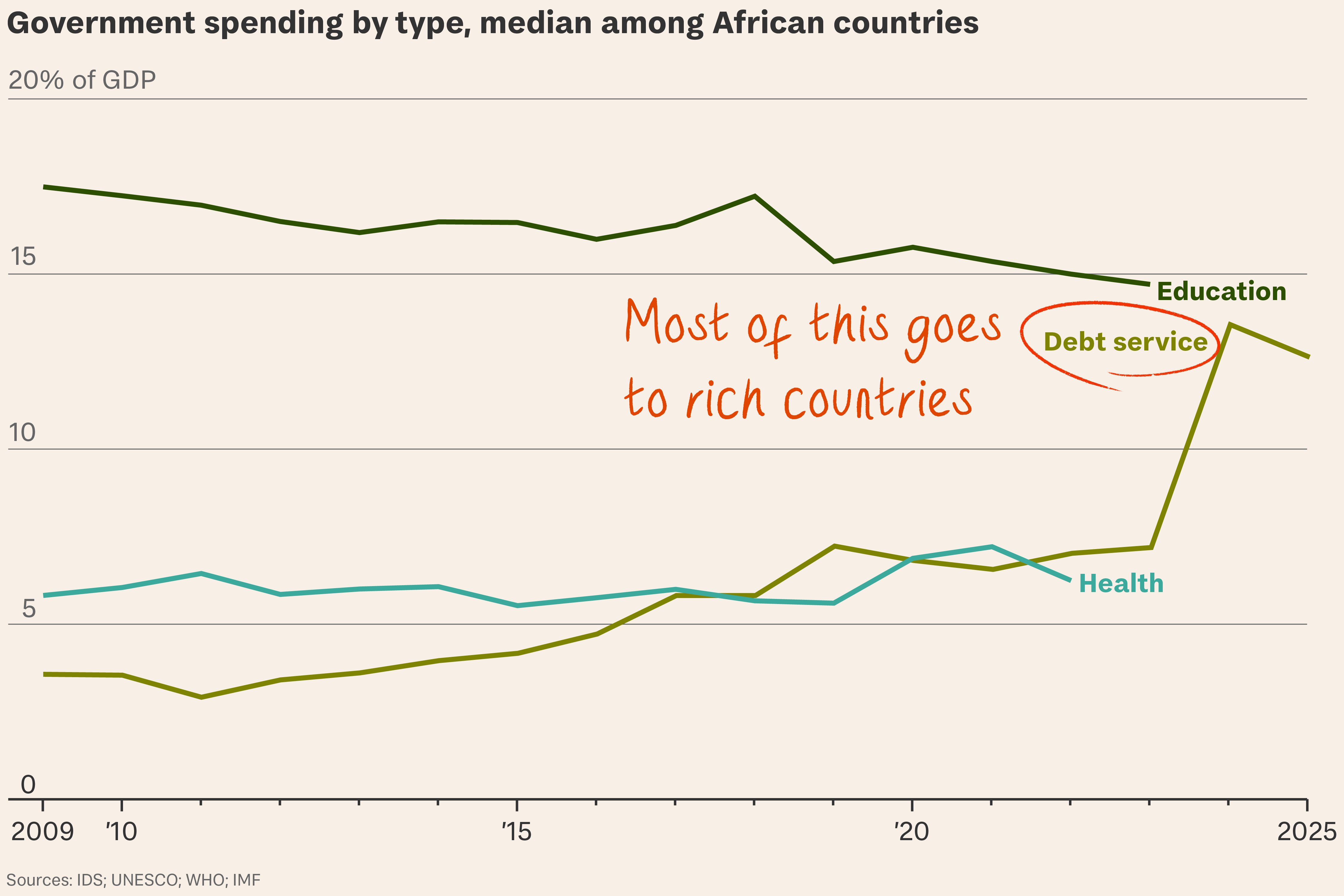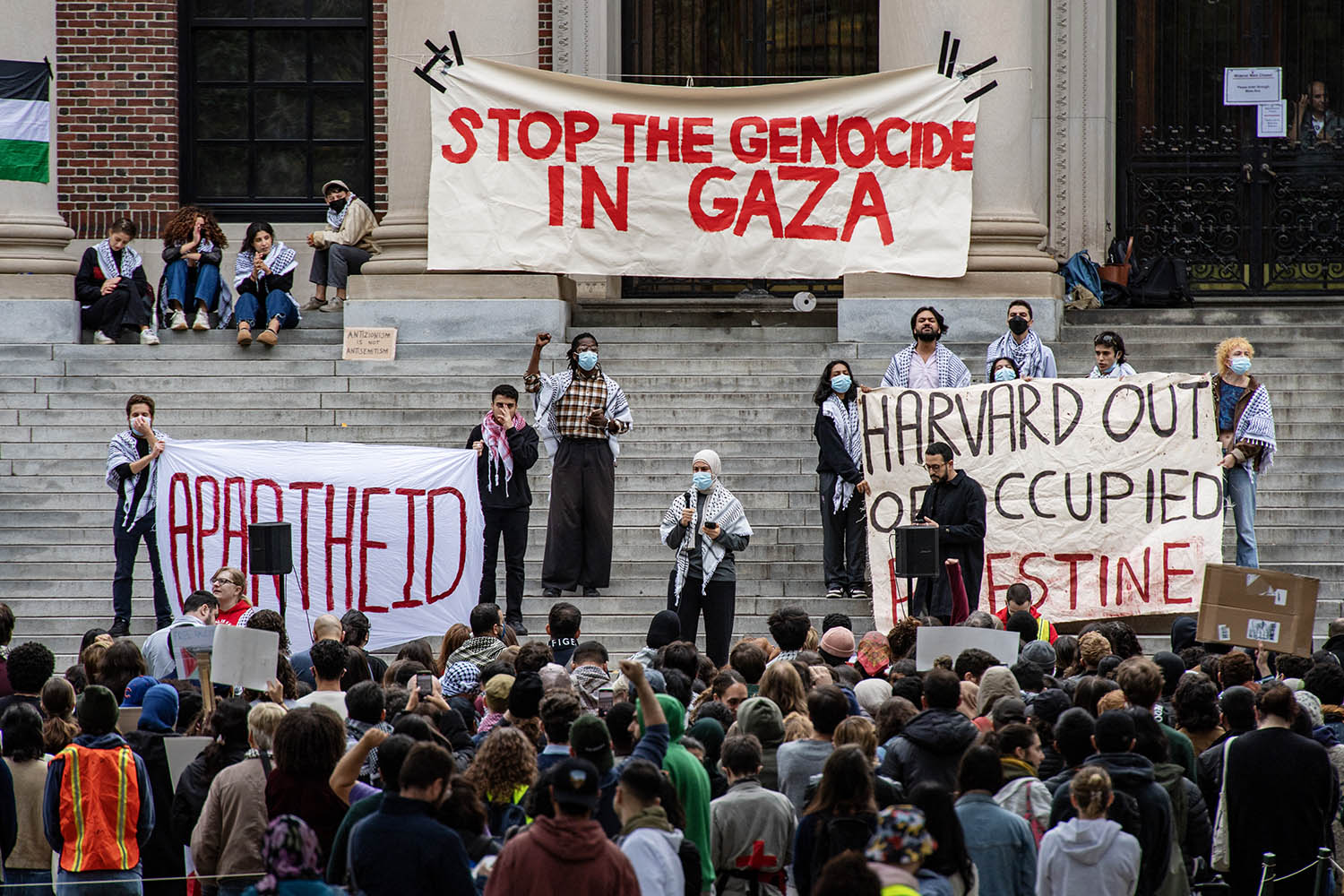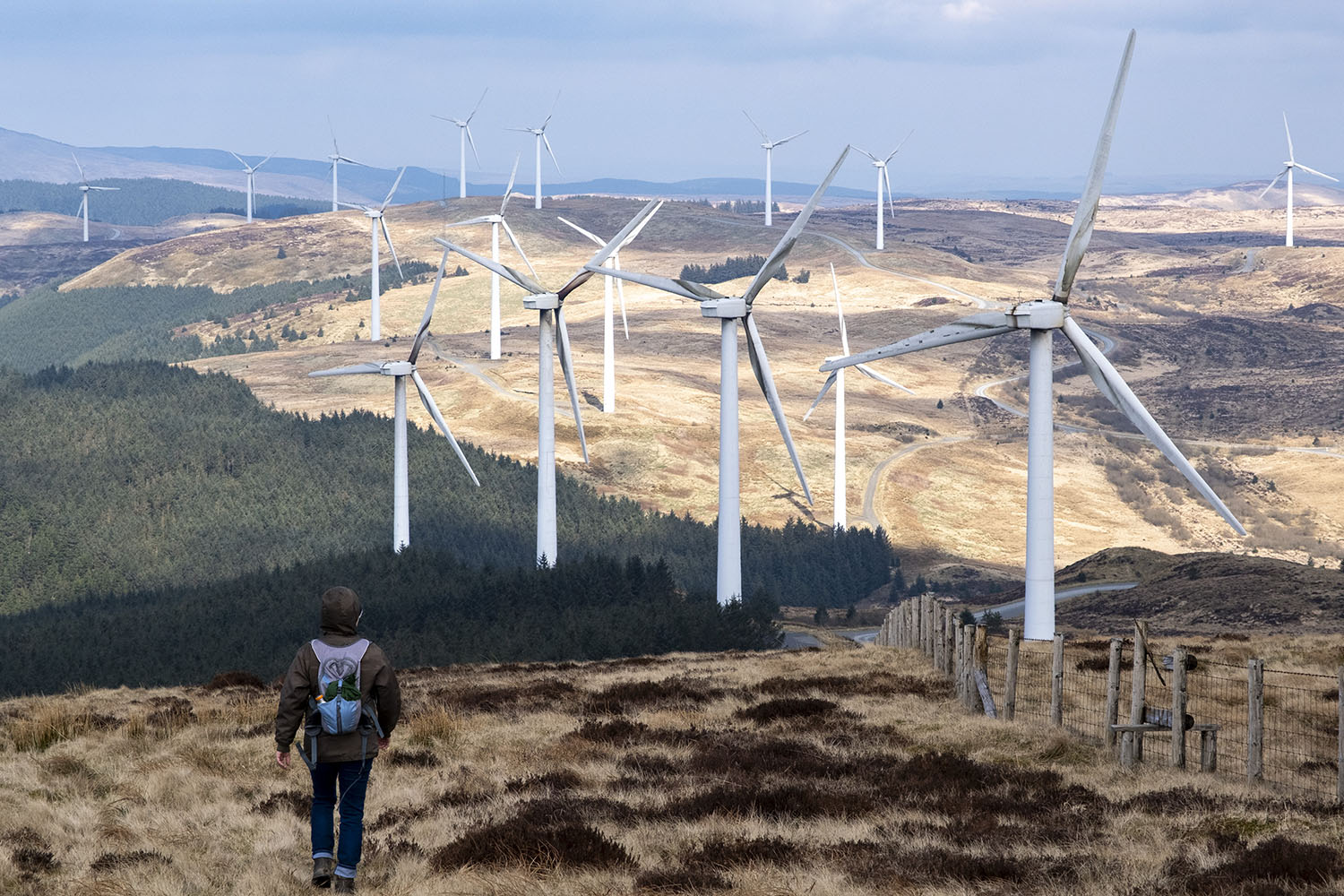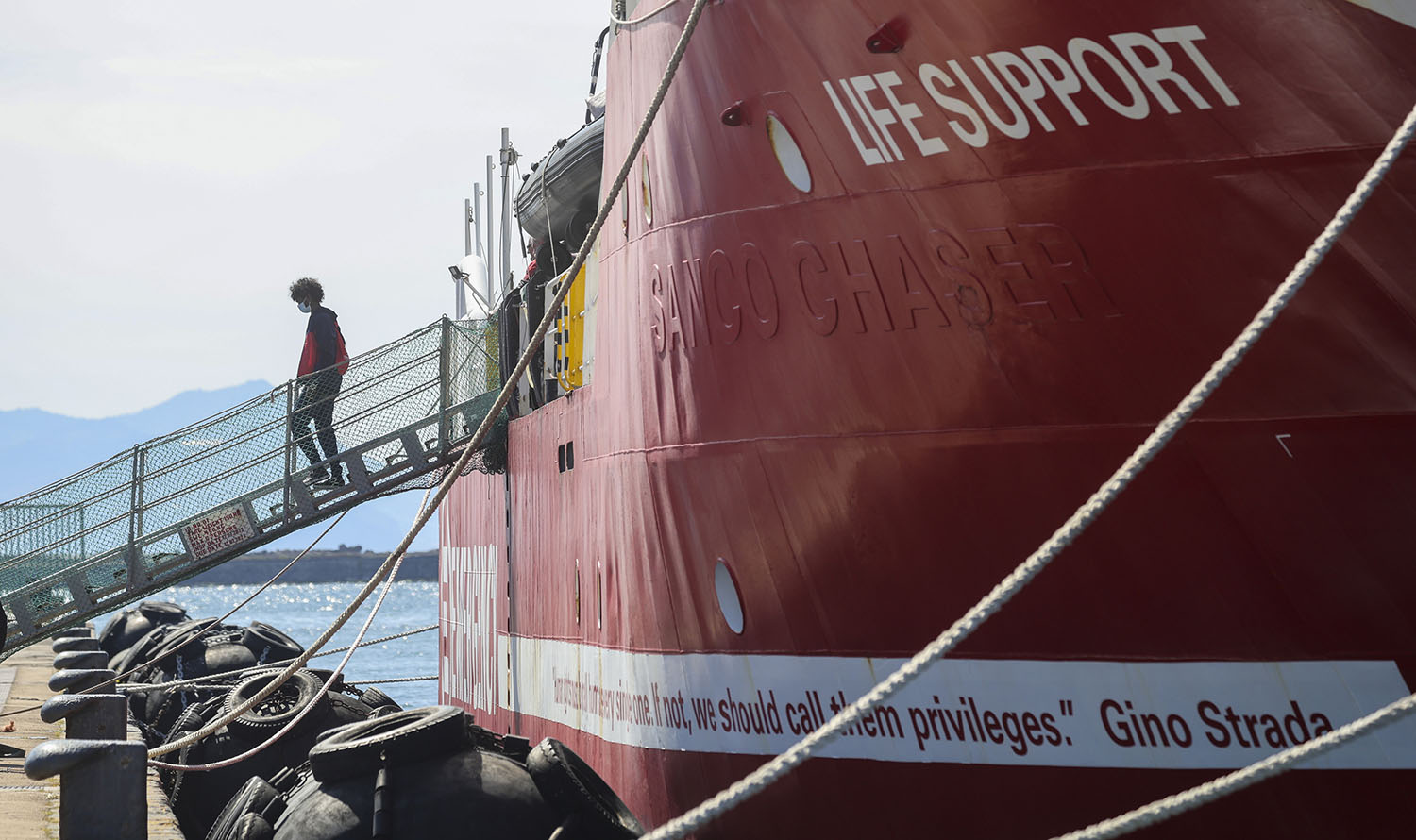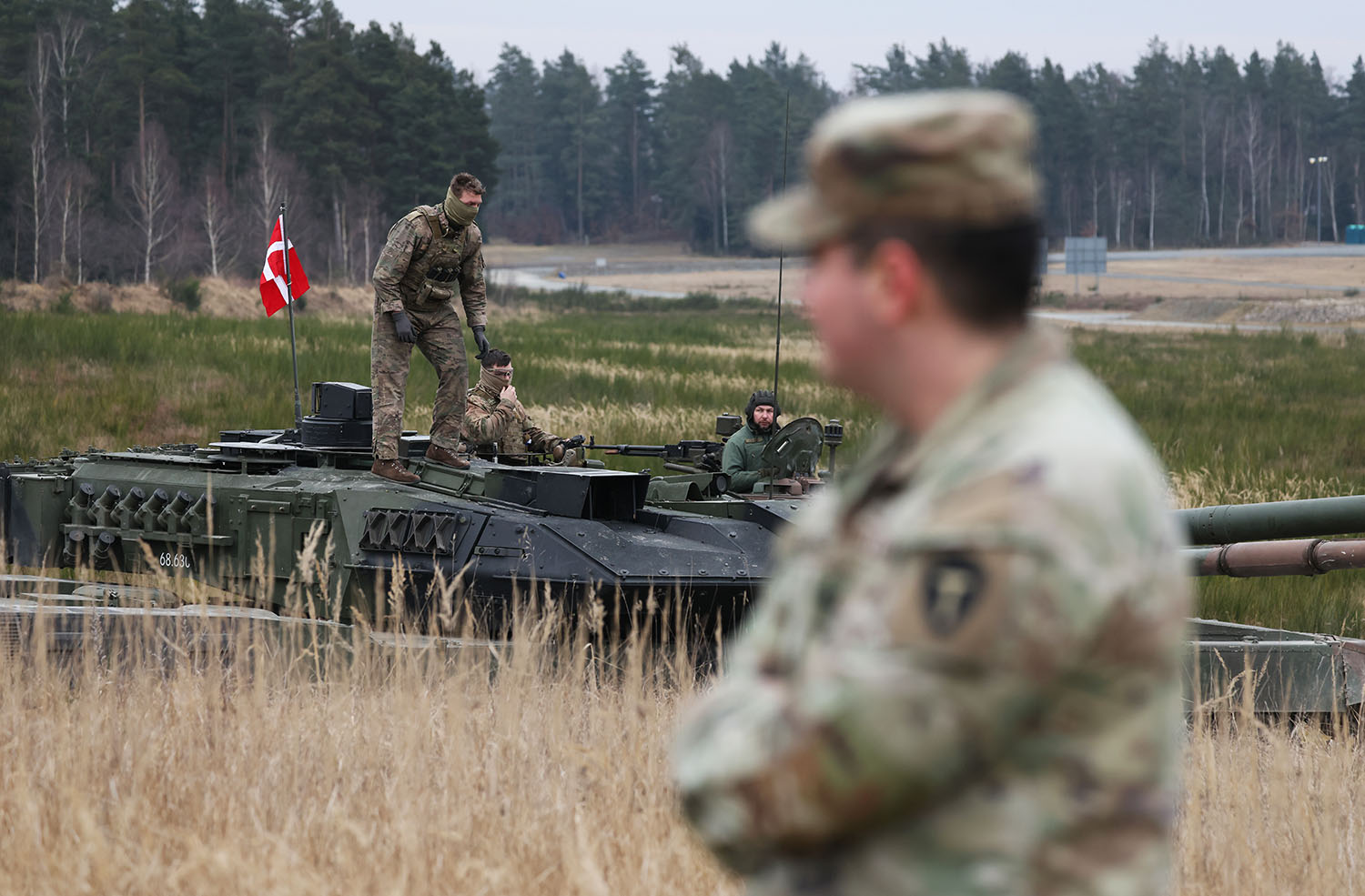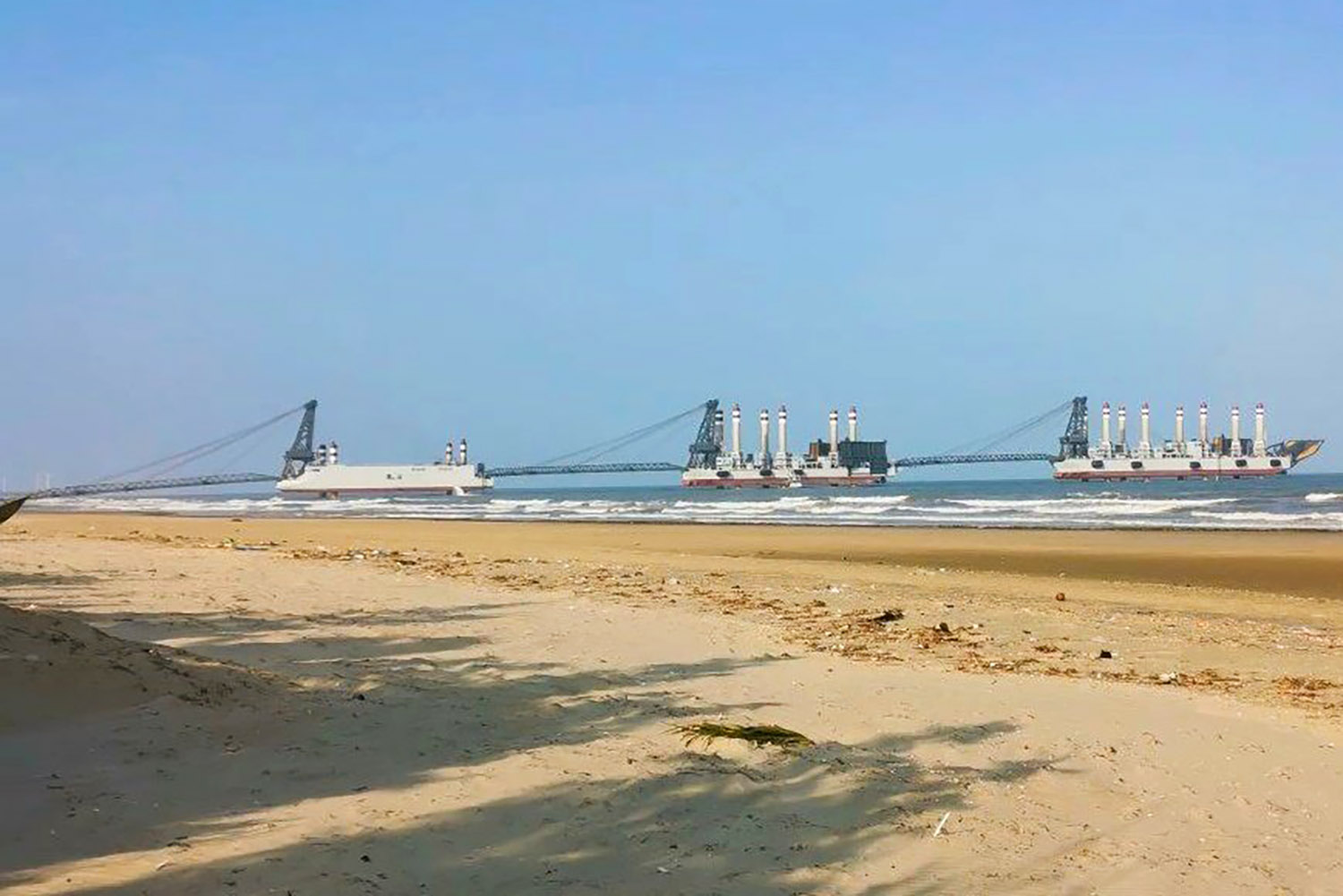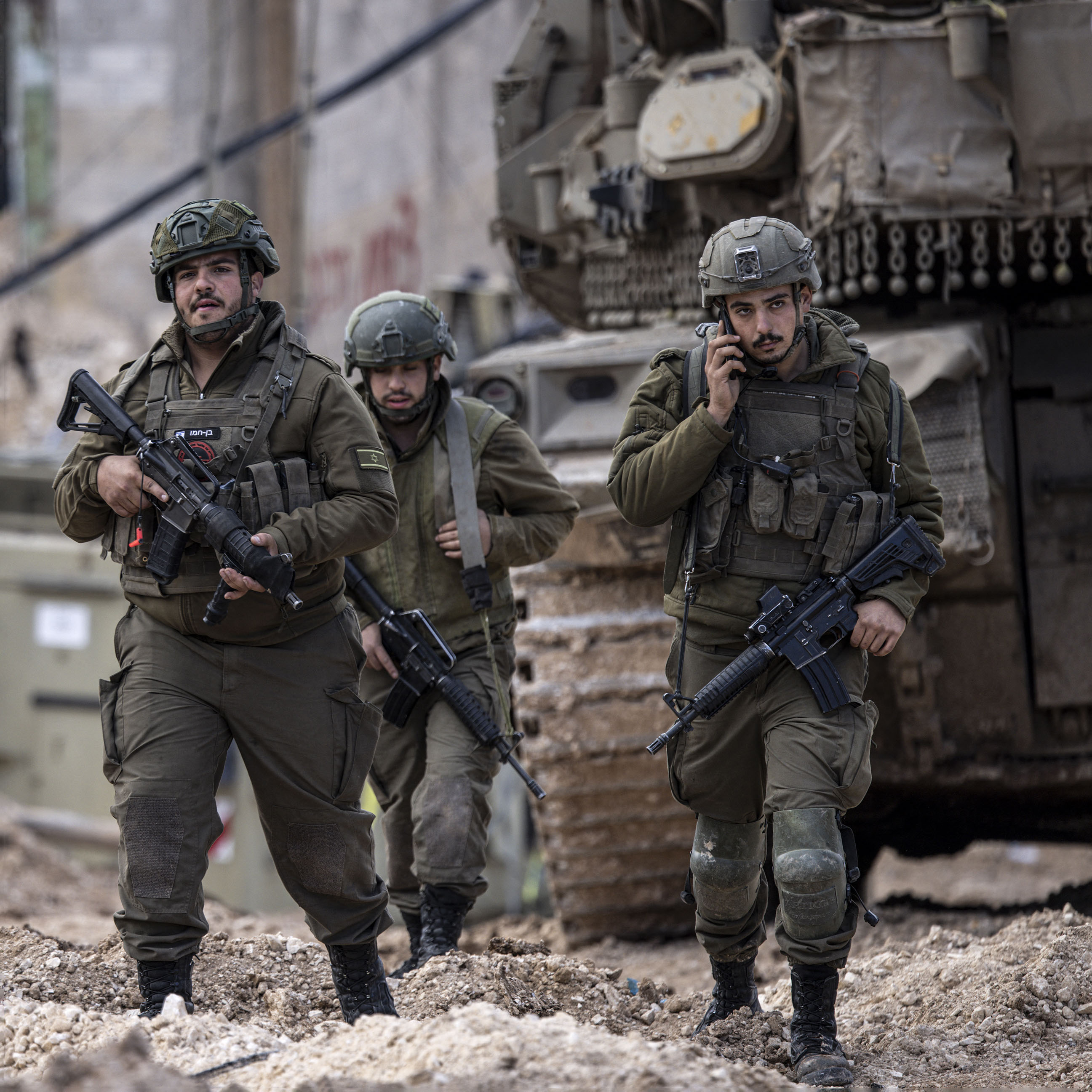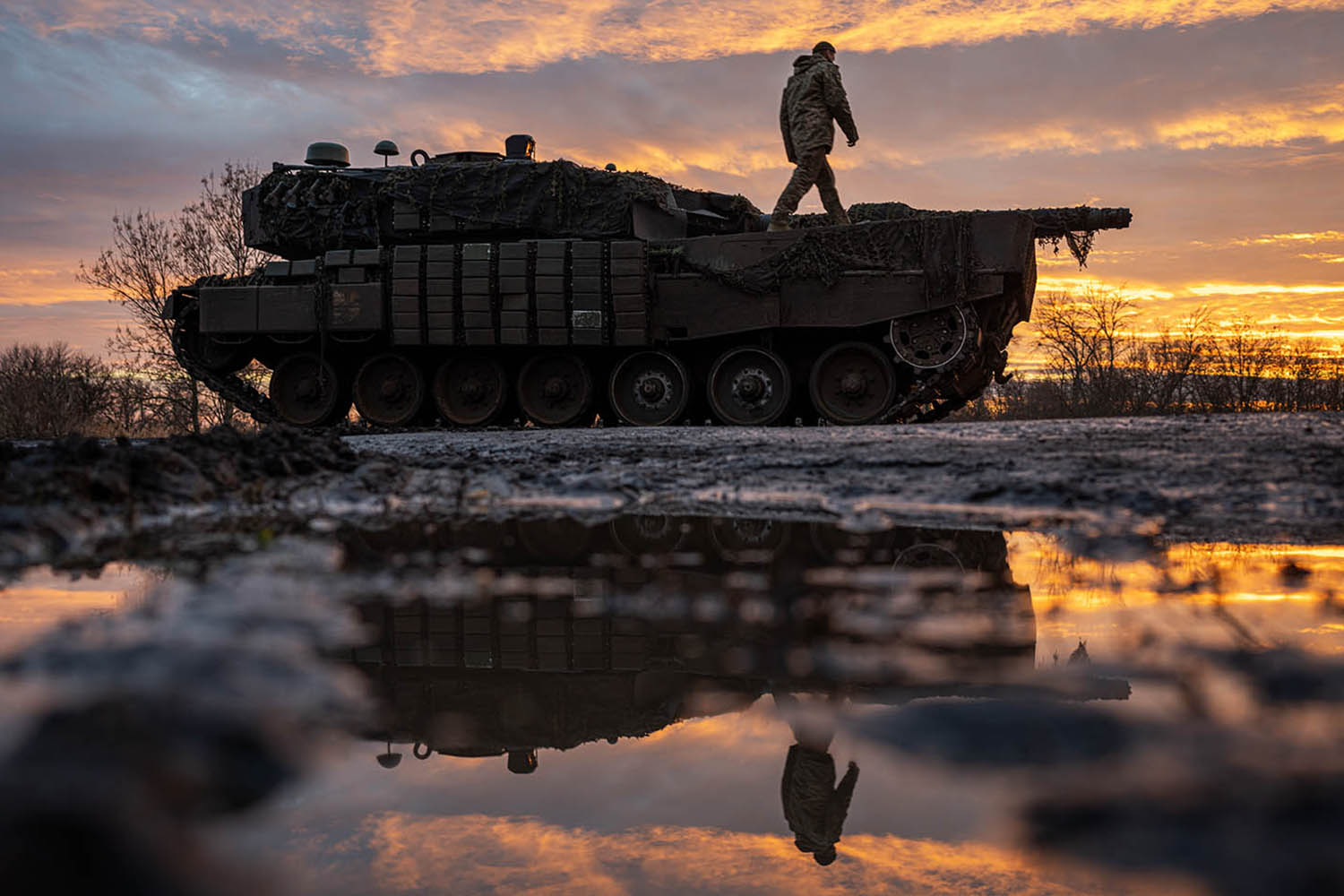
Zelensky has said he’s ready to talk but Russian and Ukrainian demands are irreconcilable
Donald Trump's second presidency starts today, and he’s said he’ll stop the war in Ukraine if not in a day, then within “months”.
So what? Don’t hold your breath. No one denies pressure from Trump helped deliver a ceasefire in the Middle East, but Ukraine isn’t Gaza. Putin is not as anxious as Netanyahu to cultivate close ties with Trump, and no peace plans floated so far come close to being acceptable for both sides.
American plans. There are at least three of them. They all include
- territorial concessions by Ukraine;
- taking Ukrainian membership of Nato off the table; and
- a demilitarised zone patrolled by European troops.
Details are scarce, but the first two of these won’t fly in Kyiv without robust security guarantees not yet on offer, and Russia has rejected the third.
The trap. A proposal drawn up last year by Trump’s Ukraine envoy, Keith Kellogg, would halt arms shipments to Ukraine if it refused to engage in talks and accelerate them if Russia refused. That might create US leverage in Moscow, but it fails to account for the highly plausible scenario of a deal that both sides sign and Russia violates.
The view from Kyiv. Zelensky is ready to seek a diplomatic solution but has reportedly told Trump a ceasefire without firm security guarantees “would not be enough” to end the war. His victory plan, presented last October, included
- an invitation for Ukraine to join Nato;
- more weapons, faster, with no restrictions on their use, including in due course non-nuclear strategic assets to deter future Russian threats;
- shared use of Ukraine’s critical minerals and other resources including lithium, gas and titanium by the EU and US; and
- an offer of battle-hardened Ukrainian troops to replace US military personnel in Europe after the war.
Russia’s demands. Ukraine “should be neutral, harmless and under no circumstances an outpost for Nato or the US,” the Kremlin ally Konstantin Malofeev has said. All three demands, if met, would serve to undermine Ukrainian sovereignty. Specifically, Moscow wants to
- end Ukraine’s right to seek Nato membership – currently a strategic goal written into its constitution;
- ban Western weapons use against Russia or to recapture Ukraine’s occupied territory;
- retain control of Crimea and the eastern Ukrainian territories it currently occupies; and
- limit the size of Ukraine’s army so it can’t fight Russia and is capable only of police functions and border protection from refugees.
Translation: capitulation. Neither Zelensky nor the Ukrainian population would agree to these terms, and so far there is little sign of any readiness to soften them.
A quick deal = a bad deal. Ukraine’s European allies hope Trump won’t force Kyiv into immediate talks with Russia. A hasty deal on Russia’s terms would emasculate Ukraine as a sovereign state and embolden Putin and other dictators, including China’s Xi Jinping. Russia hawks – and there are few doves left – say it would also make Russia’s next invasion a question of time.
So hold the line. “The only way to force Russia to sit down for talks is to build a difficult situation for them,” Italy’s Giorgia Meloni said after meeting Trump earlier this month. He may yet take that on board, mindful that leaving Ukraine defenceless could turn into a foreign policy humiliation akin to the US withdrawal from Afghanistan.
The catch. To respect Ukraine’s sovereignty, independence and right to defend itself would be a humiliation for Putin.
Realpolitik. Nato membership for Ukraine, European peacekeepers in a demilitarised zone and the status of occupied territories are stumbling blocks for any “peace talks”.
What’s more… Putin’s habit of violating agreements is another. One lesson of this war is to deploy peacekeepers and sufficient weaponry to deter him before his next invasion, not after it.


